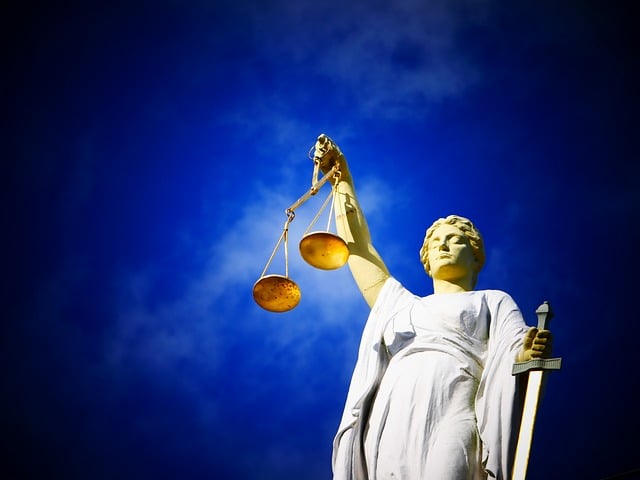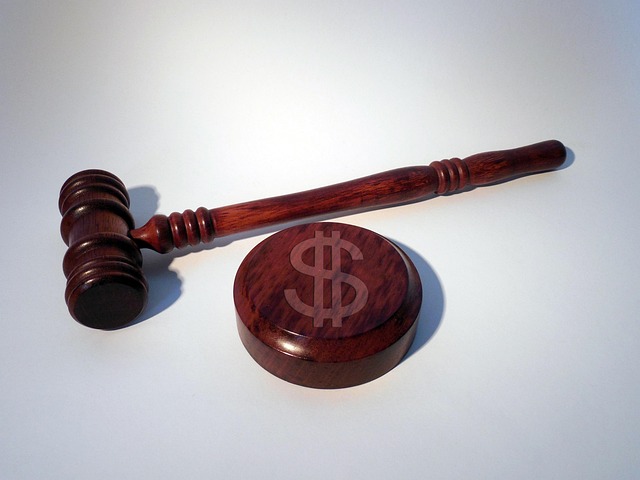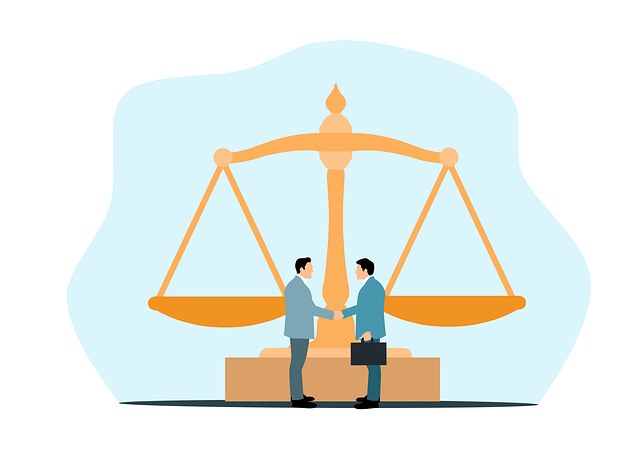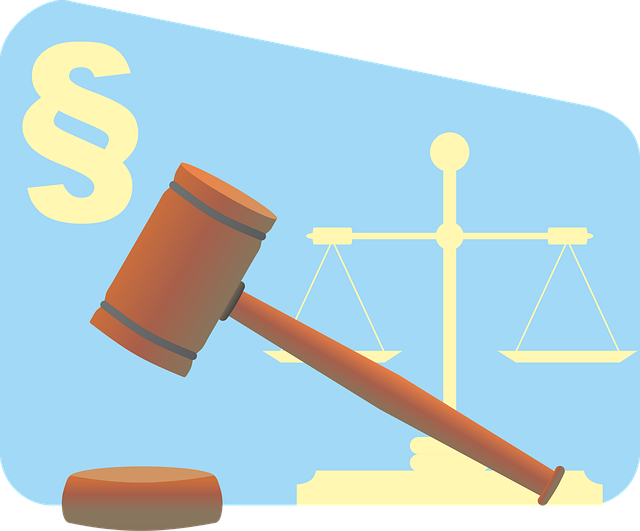Whistleblower protection laws, while powerful, demand a high legal standard of proving guilt beyond reasonable doubt in lawsuits. This involves meticulous evidence gathering, expert analysis, and strategic legal tactics to expose unethical or illegal organizational activities. Success ensures accountability, maintains justice, and safeguards whistleblowers' safety. Collaborating with specialized attorneys is crucial for navigating these complex cases effectively.
Whistleblower protection lawsuits are a crucial mechanism for holding organizations accountable when employees come forward with sensitive information. Understanding the legal framework behind these cases is paramount, especially when aiming to prove guilt beyond reasonable doubt. This article delves into the key aspects of whistleblower protection laws, exploring their purpose, the legal framework for proof, and the strategies employed—as well as challenges faced—in litigation. By understanding these dynamics, professionals can navigate these complex cases effectively.
- Understanding Whistleblower Protection Laws and Their Purpose
- The Legal Framework for Proving Whistleblower Cases
- Establishing Guilt Beyond Reasonable Doubt in Whistleblower Lawsuits
- Strategies and Challenges in Whistleblower Protection Litigation
Understanding Whistleblower Protection Laws and Their Purpose

Whistleblower protection laws are designed to safeguard individuals who expose illegal or unethical activities within their organizations. These laws aim to encourage employees to come forward with information that could lead to significant changes, ensuring public safety and promoting transparency. The primary goal is to protect whistleblowers from potential retaliation, such as dismissal, harassment, or discrimination, which may deter them from reporting wrongdoings. By establishing legal safeguards, these protections empower individuals to stand up against corporate malfeasance without fear of personal harm.
The success of whistleblower protection relies on strict adherence to specific legal standards. One crucial aspect is proving guilt beyond a reasonable doubt, ensuring that any allegations are thoroughly investigated and substantiated. This standard is essential in maintaining the integrity of the process, protecting the rights of both whistleblowers and the accused, and fostering public trust in the justice system. Across the country, these laws apply to various sectors, including corporate and individual clients, demonstrating their widespread impact and importance in holding powerful entities accountable.
The Legal Framework for Proving Whistleblower Cases

In whistleblower protection lawsuits, the legal framework for proving a case is intricate and demanding. To succeed, plaintiffs must meet the burden of demonstrating that their employer engaged in wrongful conduct, such as violating ethical standards or laws, and that they suffered adverse actions as a result of blowing the whistle on this behavior. The key to winning these cases lies in presenting compelling evidence and arguments that convince the judge or jury of the employer’s guilt beyond a reasonable doubt.
In high-stakes cases involving white-collar defense, the focus often shifts to intricate details and complex financial transactions. Prosecutors must navigate through layers of documentation, expert testimony, and legal precedents to establish a clear and irrefutable case. Jury trials in such scenarios demand meticulous preparation, as jurors are tasked with dissecting evidence and making critical decisions that can shape the outcome for both parties. Proving guilt beyond reasonable doubt becomes paramount, ensuring a fair and just resolution.
Establishing Guilt Beyond Reasonable Doubt in Whistleblower Lawsuits

In whistleblower lawsuits, establishing guilt beyond reasonable doubt is paramount. The burden of proof lies heavily on the plaintiff, who must present compelling evidence to convince a jury or judge that the defendant engaged in wrongdoing. This involves scrutinizing facts, examining documents, and often relying on expert witnesses to interpret complex financial transactions or corporate practices, especially in cases involving white collar and economic crimes.
A complete dismissal of all charges is not typically reached unless the plaintiff fails to meet this high standard. Philanthropic and political communities, while often at the center of whistleblowing narratives due to their potential insights into systemic issues, must ensure their claims are supported by solid, admissible evidence. This rigorous process aims to protect both individuals’ reputations and ensure that justice is served, maintaining integrity within these diverse sectors.
Strategies and Challenges in Whistleblower Protection Litigation

Whistleblower protection litigation presents a unique blend of legal strategies and challenges. One of the primary objectives for whistleblowers is to prove their case beyond a reasonable doubt, which can be a significant hurdle given the sensitive nature of their claims. Success often hinges on meticulous documentation, including evidence of wrongdoing, internal communications, and expert testimony that can withstand rigorous scrutiny.
Navigating these lawsuits requires a nuanced approach. Whistleblowers must carefully select legal representatives with an unprecedented track record in achieving extraordinary results across the country. They should look for attorneys who understand the intricate complexities of such cases and have demonstrated the ability to protect whistleblowers’ identities while effectively pursuing justice. This balance is crucial, as it not only ensures the safety of the whistleblower but also maximizes the chances of a favorable outcome.
Whistleblower protection lawsuits play a crucial role in upholding ethical conduct within organizations. By understanding the legal framework and employing strategies that establish guilt beyond reasonable doubt, individuals who expose corporate wrongdoings can seek justice effectively. Navigating these complex cases requires meticulous attention to detail, robust evidence, and a deep understanding of relevant laws. As whistleblowers brave significant challenges, their efforts contribute to fostering transparency and accountability in today’s business landscape.






